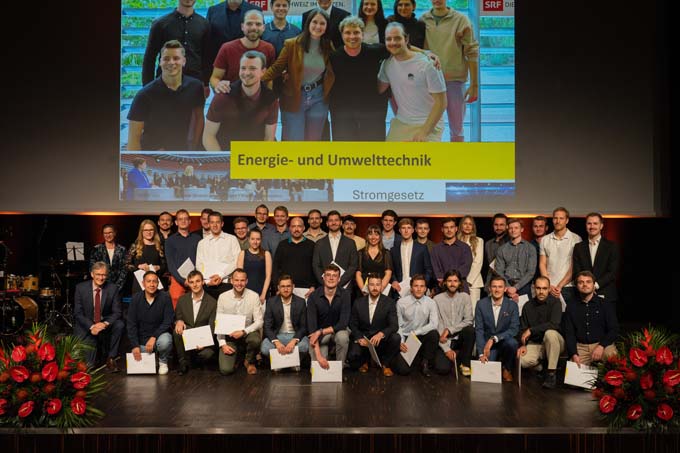Organic farming as profitable as conventional farming
A long-term study by the Swiss Research Institute of Organic Agriculture (FiBL) in Kenya shows that organic farming not only produces comparable yields, but also provides farmers with more income than conventional farming.

A ten-year study by the Research Institute of Organic Agriculture (FiBL) compared organic farms with conventional farming. It was carried out in Thika and Chuka in Kenya with local partners since 2007.
It contradicts the myth that organic farming requires larger acreages for comparable yields. After five years, thanks to lower production costs and higher market prices for organically grown agricultural products, organic farmers achieve higher yields, which can be quantified at 53 % after the sixth year.
Another important factor that the study explored is the improved fertility of soils in organic farming. Since organic farming does not use chemicals and therefore does not produce harmful residues, it has a beneficial effect on natural ecosystems and on the health of the population.
Long-term comparison
In parallel studies of cotton production in India and cocoa production in Bolivia, the organic approach produced similarly positive results. The long-term Systems Comparison in the Tropics (SysCom) aims to provide scientific evidence on the advantages and disadvantages of organic versus conventional farming systems. The goal of SysCom is to support the development of policies and strategies that can promote the adoption of sustainable land use practices at local, regional, and international levels.
The study shows that the organic approach in the tropics is a sensible strategy, whose main challenges include disseminating the necessary knowledge and training organic farmers. Funders of the long-term study in Kenya are Biovision, the Swiss Agency for Development and Cooperation, the Liechtenstein Development Service and the Coop Fund for Sustainability.
In addition to the long-term study, which will continue at least into 2019, on-farm research involving farmers will develop and promote sustainable farming practices adapted to local conditions. Together with local farmers and other stakeholders, various trial plots have been set up to test and analyze different innovative practices on the farms and at the trial stations.
(Source: FiBL)









